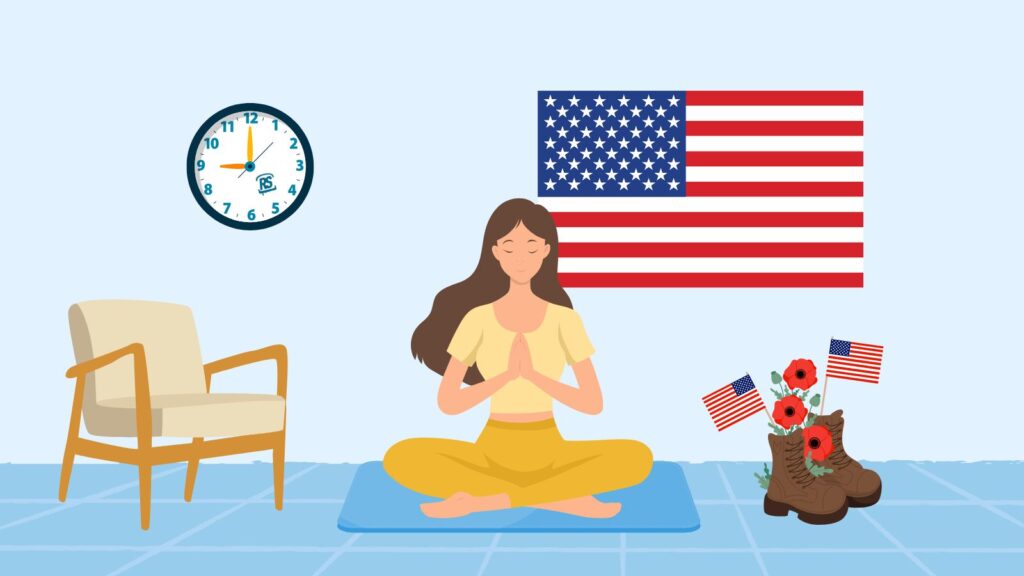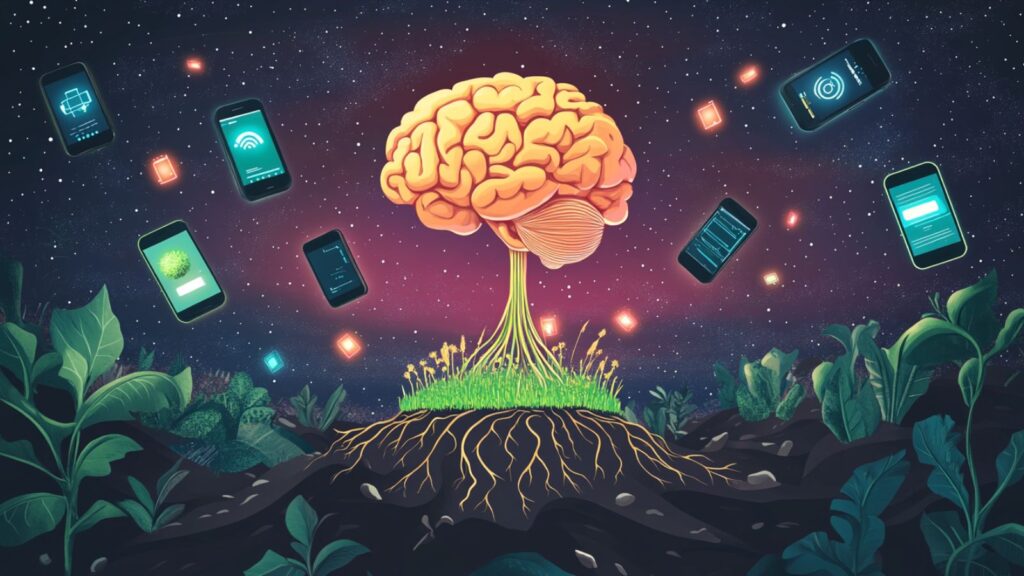The following is the twenty-third installment from Sacred Economics: Money, Gift, and Society in the Age of Transition, available from EVOLVER EDITIONS/North Atlantic Books. You can read the Introduction here, and visit the Sacred Economics homepage here.
Economics is extremely
useful as a form of employment for economists. –John Kenneth Galbraith
Earlier in this book I described the disconnection and
loneliness of a society in which nearly all social capital, nearly all
relationships, have been converted to paid services; in which distant strangers
meet nearly all of our material needs; in which we can always "pay someone else
to do it"; in which the unspoken knowledge I don't need you pervades our
social gatherings, rendering them vacuous and dispensable. Such is the pinnacle
of civilization, the end point of centuries of increasing affluence: lonely
people in boxes, living in a world of strangers, dependent on money, enslaved
to debt — and incinerating the planet's natural and social capital to stay that
way. We have no community because community is woven from gifts. How can we
create community when we pay for all we need?
Community is not some
add-on to our other needs, not a separate ingredient for happiness along with
food, shelter, music, touch, intellectual stimulation, and other forms of
physical and spiritual nourishment. Community arises from the meeting of these
needs. There is no community possible among a group of people who do not need
each other. Therefore, any life that seeks to be independent of other people
for the meeting of one's needs is a life without community.
The gifts that weave
community cannot be mere superficialities; they must meet real needs. Only then
do they inspire gratitude and create the obligations that bind people together.
The difficulty in creating community today is that when people meet all their
needs with money, there is nothing left to give. If you give someone a product
that is for sale somewhere, either you are giving them money (by saving them
the expense of buying it themselves) or you are giving them something they
don't need (else they would have already bought it). Neither is sufficient to
create community unless, in the first instance, the recipient actually needs money.
Thus it is that poor people develop much stronger communities than rich people
do. They have more unmet needs. This has been one of the greatest teachings of
my period of poverty that followed the publication of The Ascent of Humanity.
Out of necessity, I learned to receive without fear of stepping into
obligation. The aid I received reawakened in me the primal gratitude of
infancy, the realization that I am utterly dependent for my survival and
existence on the web of giving that surrounds me. It empowered me to be more
generous, too, having experienced and survived the ignominy of bankruptcy, of
losing my apartment and sleeping with my children in other people's living
rooms, and learning that it is OK to receive such help. Perhaps one benefit of
the hard economic times that are encroaching upon our illusion of normalcy is
that they will reawaken in more and more people this primal gratitude, borne of
the necessity of receiving gifts in the absence of payment. As in infancy,
periods of helplessness reconnect us to the principle of the gift. Other people
I know have had similar realizations when severe illness rendered them
helpless.
When I realized that
the dissolution of community comes from the monetization of functions that were
once part of the gift network, I could at first see no other way to recover
community than to abandon the money economy and, by extension, the economic and
industrial system of mass production. I could see no other way to reestablish
community than to resume doing things "the hard way" again: doing things
without machines. If community dies when strangers make all the things we need,
then to restore it, I thought, we must return to local, and necessarily
lower-tech, production-production not requiring a global division of labor.
It would be silly,
though, to relinquish the things we have today simply in order to have
community. It would be futile, too, because on some level we would sense the
pretense. The needs met would not be real needs; they would be artificial. To
say, "I could saw these boards in an hour with a table saw, but let's use a
two-person handsaw instead and take two days, because that will make us more
interdependent," is a delusion. Artificial dependency is not the solution to
the artificial separation we have today. The solution is not to meet
already-met needs less effectively, so that we are forced to help each other.
Rather, it is to meet the needs that languish unfulfilled today.
It is not desire for
community that will motivate a renaissance in traditional handcrafts and
low-tech production. The cessation of hidden subsidies for energy-intensive
centralized production and transport will support this renaissance, but will
not force it. We will return to local production from a desire to improve life
and meet unmet needs — a desire to become richer. The people who say, "We'd
better learn how to use hand tools again because petroleum will become so
expensive we'll have to," are indulging in a kind of fatalism. They hope we
will be forced back into right livelihood. I think we will choose it.
The crises borne of separation will nudge us toward that choice with increasing
force, but if we really desire as a species to maintain an ugly mass-produced
way of life, we probably can for a long time to come, until we exhaust the very
foundation of the biosphere. Peak Oil will not save us! Instead, we will choose
to revitalize local, small-scale, labor-intensive production as the only way to
meet important human needs. It is the only way to enrich our lives and to
fulfill the New Materialism I describe in the next chapter.
You see, that feeling
of "I don't need you" is based on an illusion. In fact, we do need each
other. Despite being able to pay for everything we need, we do not feel
satisfied; we do not feel like all our needs have actually been met. We feel
empty, hungry. And because this hunger is present as much in the rich as in the
poor, I know it must be for something that money cannot buy. Perhaps there is
hope for community after all, even in the midst of a monetized society. Perhaps
it lies in those needs that bought things cannot satisfy. Perhaps the very
things we need the most are absent from the products of mass production, cannot
be quantified or commoditized, and are therefore inherently outside the money realm.
The financially
independent person is not bereft of community because he meets all of his needs
via money — he is bereft of community because he is not meeting his needs except
through money. More precisely, he is trying to use money to meet needs that
money cannot meet. Money, impersonal and generic, can by itself only meet needs
that are the same. It can meet the need for calories, X grams of protein, Y
milligrams of vitamin C — anything that can be standardized and quantified. But
it cannot by itself meet the need for beautiful food prepared by someone who
cares. Money can meet the need for shelter, but it cannot by itself meet the
need for a home that is an organic extension of oneself. Money can buy
virtually any implement, but not one that is attached to the story of a maker
you know personally and who knows you. Money can buy songs, but not a song sung
specifically to you. Even if you hire a band to play in your home, there is no
guarantee, no matter how much you pay, that they will really sing to you
and not just pretend to. If your mother sang you lullabies, or if you have ever
been serenaded by a lover, you know what I am talking about and how deep a need
it fills. Sometimes it even happens at a concert, when the band isn't just
putting on an act but is actually playing for that audience, or really, to
that audience. Each such performance is unique, and its special, magical
quality vanishes in recording. "You had to be there." True, we may pay money to
attend such an event, but we receive more than we paid for when the band is
truly playing to us. We do not feel that the transaction is complete and
closed, that all obligations are canceled out, as in a pure money transaction.
We feel a lingering connection, because a giving has transpired. No life
can be rich without such experiences, which might ride the vehicle of money
transactions, but which no amount of money can guarantee.
The situation in
America, the most highly monetized society the world has ever known, is this:
some of our needs are vastly overfulfilled while others go tragically unmet. We
in the richest societies have too many calories even as we starve for
beautiful, fresh food; we have overlarge houses but lack spaces that truly
embody our individuality and connectedness; media surround us everywhere while
we starve for authentic communication. We are offered entertainment every
second of the day but lack the chance to play. In the ubiquitous realm of
money, we hunger for all that is intimate, personal, and unique. We know more
about the lives of Michael Jackson, Princess Diana, and Lindsay Lohan than we
do about our own neighbors, with the result that we really don't know anyone,
and are barely known by anyone either.
The things we need the
most are the things we have become most afraid of, such as adventure, intimacy,
and authentic communication. We avert our eyes and stick to comfortable topics.
We hold it as a virtue to be private, to be discreet, so that no one sees our
dirty laundry — or even our clean laundry: our undergarments are considered
unsightly, a value strangely reflected in the widespread American prohibition
on hanging laundry outdoors to dry. Life has become a private affair. We are
uncomfortable with intimacy and connection, which are among the greatest of our
unmet needs today. To be truly seen and heard, to be truly known, is a deep
human need. Our hunger for it is so omnipresent, so much a part of our
experience of life, that we no more know what it is we are missing than a fish
knows it is wet. We need way more intimacy than nearly anyone considers normal.
Always hungry for it, we seek solace and sustenance in the closest available
substitutes: television, shopping, pornography, conspicuous
consumption — anything to ease the hurt, to feel connected, or to project an image
by which we might be seen and known, or at least see and know ourselves.
Clearly, the
transition to a sacred economy accompanies a transition in our psychology.
Community, which in today's parlance usually means proximity or a mere network,
is a much deeper kind of connection than that: it is a sharing of one's being,
an expansion of one's self. To be in community is to be in personal,
interdependent relationship, and it comes with a price: our illusion of
independence, our freedom from obligation. You can't have it both ways. If you
want community, you must be willing to be obligated, dependent, tied, attached.
You will give and receive gifts that you cannot just buy somewhere. You will
not be able to easily find another source. You need each other.
I have in this chapter
circled around the question of what, exactly, are the needs that go unfulfilled
in the monetized world. I have given many examples of things that meet a deep
need — songs sung to us, homes that are an extension of the self, food prepared with
love. But what is the general principle? Whether our needs are for material
sustenance or spiritual (e.g., touch, play, story, music, or dancing), none are
unassailably free of the money realm. We can buy touch; we can buy stories
(e.g., when we go to the movies); we buy music and video games to play; we can
even buy sex. But whatever we buy, something unquantifiable (and therefore
impervious to monetization) either rides its vehicle, or does not, and it is
that unquantifiable thing that we really crave. When it is missing, whatever we
have bought seems empty. It does not satisfy. When it is present, then even if
we have purchased the vehicle it rides, we know we have received infinitely
more than we paid for. We know, in other words, that we have received a gift.
The chef who puts extra care into cooking something special, the musician
playing her heart out, and the engineer who overdesigned a product just because
he wanted to do it right will not directly profit from their extra efforts.
They are in the spirit of the gift, and we can feel it-hence the desire to send
"our compliments to the chef." Their behavior is uneconomic, and the present
competition-based money system weeds it out. If you have ever worked in that
system, you know what I mean. I am speaking of the relentless pressure to do
things just well enough, and no better.
What is that
unquantifiable extra thing that sometimes rides the vehicle of the bought and
converts it into a gift? What is this need, mostly unmet in modern
civilization? Put succinctly, the essential need that goes unmet today, the
fundamental need that takes a thousand forms, is the need for the sacred-the
experience of uniqueness and connectedness that I described in the
introduction.
Environmentalists
often state that we can ill afford to maintain our resource-intensive
lifestyles, implying that we would like to if only we could afford it. I
disagree. I think we will move toward a more ecological way of life by positive
choice. Instead of saying, "Too bad we have to leave our gigantic suburban
homes behind because they use too much energy," we will no longer want those
homes because we will recognize and respond to our need for personal,
connected, sacred dwellings in tight communities. The same goes for the rest of
the modern consumer lifestyle. We will put it aside because we can no longer
stand the emptiness, the ugliness. We are starving for spiritual nourishment.
We are starving for a life that is personal, connected, and meaningful. By
choice, that is where we will direct our energy. When we do so, community will
arise anew because this spiritual nourishment can only come to us as a gift, as
part of a web of gifts in which we participate as giver and receiver. Whether
or not it rides the vehicle of something bought, it is irreducibly personal and
unique.
When I use the word spiritual, I am not contradistinguishing
it from the material. I have little patience with any philosophy or religion
that seeks to transcend the material realm. Indeed, the separation of the
spiritual from the material is instrumental in our heinous treatment of the
material world. Sacred economics treats the world as more sacred, not less. It
is more materialistic than our current culture — materialistic in the sense of
deeply and attentively loving our world. So when I speak of meeting our
spiritual needs, it is not to keep cranking out the cheap, generic,
planet-killing stuff while we meditate, pray, and prattle on about angels,
spirit, and God. It is to treat relationship, circulation, and material life
itself as sacred. Because they are.
Image by Jeff Kubina, courtesy of Creative Commons license.














